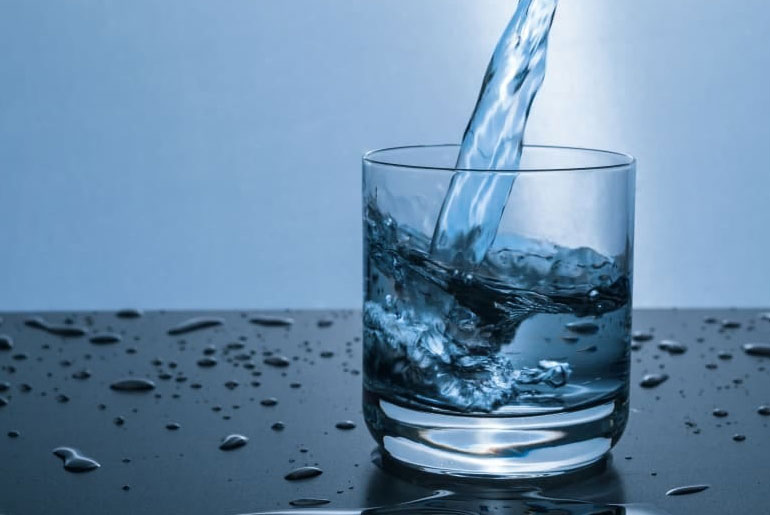It’s concerning to observe an uptick in heatwave-related heart attacks, especially across multiple healthcare facilities in the city. Extreme high temperatures can indeed place significant stress on the heart, particularly affecting vulnerable populations such as the elderly and those with preexisting conditions like high blood pressure or compromised heart function. The heart plays a crucial role in regulating body temperature through blood circulation, and sudden or extreme temperature changes can exacerbate this stress, leading to crises like heart attacks and strokes.
This underscores the importance of proactive measures to mitigate the impact of heatwaves, including staying hydrated, seeking cool environments, and monitoring individuals at higher risk for adverse health effects during extreme heat events. Additionally, public health initiatives to raise awareness about heat-related risks and encourage appropriate precautions can help reduce the incidence of heatwave-related health emergencies.
While staying hydrated is crucial, especially during a heatwave, drinking excessive amounts of water, such as 4-6 liters per day, may not be suitable for everyone and could potentially pose health risks, particularly for individuals with high blood pressure and cholesterol. Here’s why:
- Electrolyte Imbalance: Drinking excessive water without balancing electrolyte intake can dilute the electrolytes in your body, such as sodium, potassium, and magnesium. This imbalance, known as hyponatremia, can lead to symptoms like nausea, headache, confusion, and in severe cases, seizures and coma.
- Increased Blood Pressure: Overhydration can cause the kidneys to retain excess water, leading to an increase in blood volume and potentially raising blood pressure levels. For individuals with high blood pressure (hypertension), this can exacerbate the condition and increase the risk of cardiovascular events like heart attacks and strokes.
- Kidney Strain: Excessive water intake puts added stress on the kidneys, as they must work harder to filter and excrete the excess fluid. Over time, this can lead to kidney strain and may worsen kidney function, particularly in individuals with pre-existing kidney disease.
- Fluid Overload: Consuming large amounts of water beyond the body’s capacity to process it can lead to fluid overload, causing swelling (edema), particularly in the legs, ankles, and abdomen. This can be uncomfortable and may indicate a more serious underlying health issue.
Instead of focusing solely on water intake, individuals with high blood pressure and cholesterol should adopt a balanced approach to hydration and overall health:
- Moderate Fluid Intake: Aim to drink water and other hydrating fluids throughout the day to maintain hydration but avoid excessive consumption.
- Monitor Sodium Intake: Limit sodium intake from processed and salty foods, as excess sodium can contribute to high blood pressure.
- Eat a Balanced Diet: Focus on a diet rich in fruits, vegetables, whole grains, lean proteins, and healthy fats to support heart health and cholesterol levels.
- Manage Stress: Practice stress-reduction techniques such as meditation, deep breathing exercises, and regular physical activity to help manage blood pressure and overall well-being.
- Consult Healthcare Provider: Individuals with high blood pressure and cholesterol should work closely with their healthcare provider to develop a personalized plan for managing their condition, including appropriate fluid intake.
In summary, while staying hydrated is important, excessive water intake can pose risks, particularly for individuals with high blood pressure and cholesterol. It’s essential to maintain a balanced approach to hydration and overall health, focusing on moderation and consulting with a healthcare provider for personalized guidance.
Disclaimer:
The information contained in this article is for educational and informational purposes only and is not intended as a health advice. We would ask you to consult a qualified professional or medical expert to gain additional knowledge before you choose to consume any product or perform any exercise.







